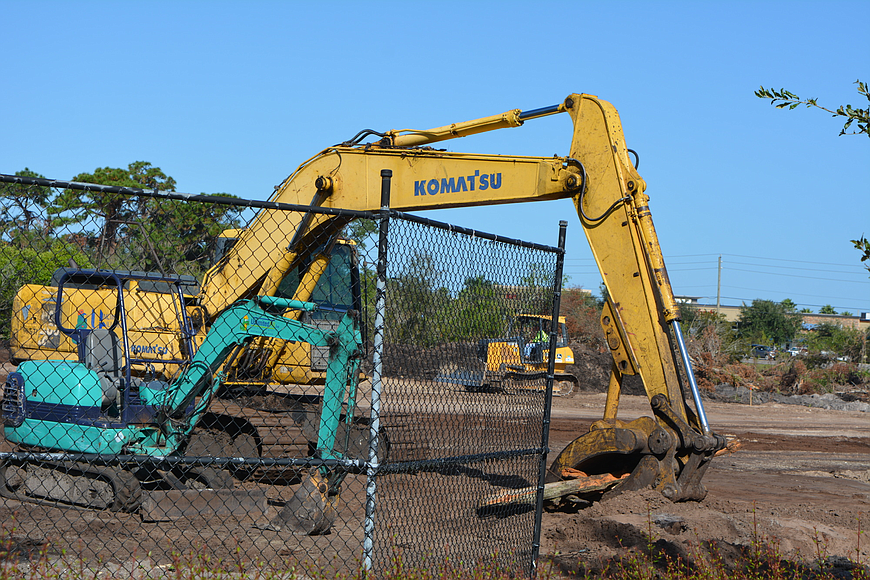- November 28, 2024
-
-
Loading

Loading

Sarasota County commissioners last week unanimously voted to rewrite a process that allowed a group of residents to have a say in the future use of land throughout the county.
Commissioners on April 6 voted to do away with a portion of the county code that allowed citizens to initiate changes in the comprehensive plan. Residents can still petition the county, but they must pay $5,000 to do so. They also would pay additional costs should their amendment be approved by commissioners.
The process had allowed a group of 20 or more registered voters to initiate an amendment to the county’s road map for future growth. Commissioners agreed to eliminate the 35-year- old process retroactively to Jan. 1. The state must still sign off on the move.
The decision came after a group of Miakka Community Club members in 2019 used the process to try to reduce residential density for new developments on about 6,000 acres of farmland off Fruitville Road east of Interstate 75.
Commissioners agreed to research the proposal but ultimately rejected it in 2020.
Following the club’s effort in 2019, many land use attorneys and developers said the process it sought to use, if left unchecked, could lead to a chaotic planning procedure.
During a March hearing, Michele Norton, the manager of
planning and zoning, said staff reviewed other jurisdictional policies and did not find language comparable to the county’s provision.
The standard language, she said, is that private requests remain a private issue, and future land-use amendments are relegated to the property owner or agent.
Commissioners expressed concerns that under the now-abolished amendment, petitioners did not have to live contiguous to a property to affect change. That meant that residents in North Port could try to change the future use of a property in Sarasota.
“I think most people would be shocked that 20 of their fellow citizens could rezone their property without their permission,” Commissioner Nancy Detert said. “It is kind of un-American.”
Bo Medred, the president of Genesis Planning and Development, said that as a developer, he is required to submit an owner affidavit before a development moves forward. The citizen-initiated process did not require the same affidavit.
Although commissioners said doing away with the amendment protected land owners and the county from future property rights issues, many residents argued that with the amendment gone, it is much more difficult for the general public to engage in land-use issues.
Commissioners said residents can still voice their concerns at workshops throughout the planning process.